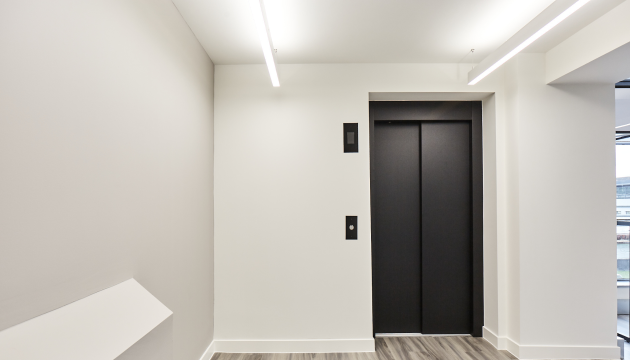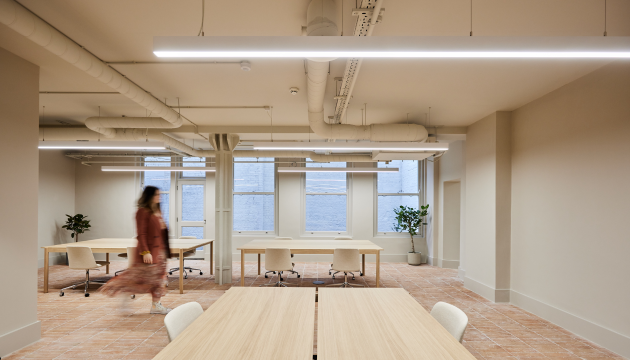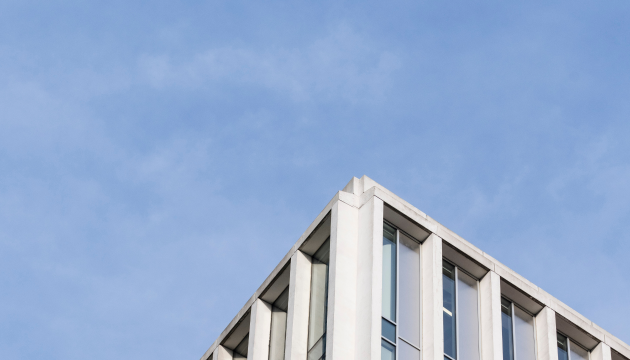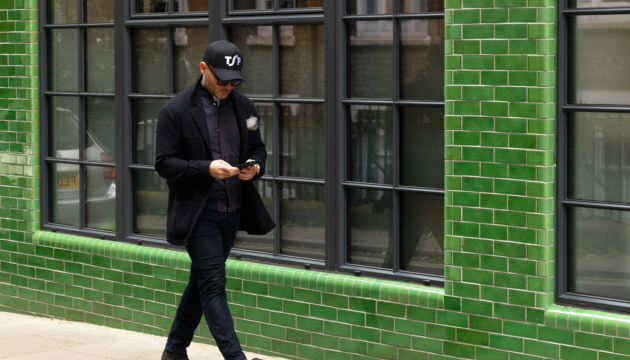Hybrid working has ushered in a new era for real estate portfolios.
The future of work will be a fine balance between employee flexibility and business necessity – a fresh mix of distributed, dynamic workspaces.
Let’s take a look at four emerging assets.
The Mega-Campus
These juggernaut HQs will be like small towns in their own right.
KGX1, Google’s new King’s Cross campus, is due to be completed in 2024.
1 million sq. ft., 11-storeys, their first wholly owned and designed building outside of the US.
It will accommodate 4,500 employees, feature a gym and pool, multi-use games area, landscaped terraces, retail outlets, Events Centre, and its own Town Halls.
Mega-campuses fuel a culture of entrepreneurship and vibrancy, a resource not just for employees, but local community too.
The Local Office
Rooted in its neighbourhood, attracting community, enabling employees to make the most of the city.
An immersive, familiar, and friendly experience – the local office builds an authentic company culture that contributes to its surrounding ecosystem.
Partnering with nearby coffee shops and eateries contribute to placemaking; daily interactions with the barista who knows the customer’s order draws them back.
As recent LinkedIn study reveals, “Head of Belonging” charts the top of new work titles: the local office answers this demand – fulfilling what WFH cannot.
The Third Space
In today’s competitive market, strategic approaches to elevate employee experience are required. This means incorporating “the third space” – built-in, hospitality-level amenity.
Transformational spaces can be created through food & beverage or wellness offerings.
Discover 7 trailblazing examples.
Outdoor Space
As humans, we have not evolved to spend 90% of our lives indoors – but we now do.
In perspective: if the whole of human existence was 1 day, we have been living sheltered city lives for 14 minutes.
The benefits of outdoor space and fresh air are now clearer than ever. Relaxing, inspiring, socialising.
Rooftop terraces, balconies, and communal gardens are key.
Global research by JLL reveals that 41% of employees put outdoor spaces in their top three expectations of a wellbeing-oriented workplace.
Conclusion
Our future placemaking must do a better job of serving our human needs.
People are seeking a sense of community, belonging, inspiration, and enjoyment in a “connected office” rather than being constrained by four walls.
It is time to step back and reimagine what the workplace can be, embracing and developing progressive human spaces.
Featured Stories & Insights
 26th February 26
26th February 26
Planned Preventative Maintenance: What Your P&L Will Never Show You
Most landlords know their income to the penny. Far fewer know what’s quietly accumulating behind...
Read More 30th January 26
30th January 26
Data, Demand & the Future of Office Performance
In conversation with Greg Blanchard, Portfolio Manager at TSP Data has become a big theme...
Read More 28th January 26
28th January 26
Goodman’s TSP Goes Nationwide with KSA Acquisition
LONDON, 20th January 2026 | News by Tim Burke, EG TSP, the office-focused property manager...
Read More 8th January 26
8th January 26
Business Rates are Changing in April: 4 things charities should watch for
Business rates are being reset in April 2026, and for charities this is a direct...
Read More 8th January 26
8th January 26
4 Ways to Win the Office Game in 2026
The office market is recovering, but not evenly. As we move into 2026, one thing...
Read More 17th November 25
17th November 25
Lessons Learnt from 2025 | by Zac Goodman
The market shifted (again), expectations changed (again), and the way people use space evolved in...
Read MoreView all